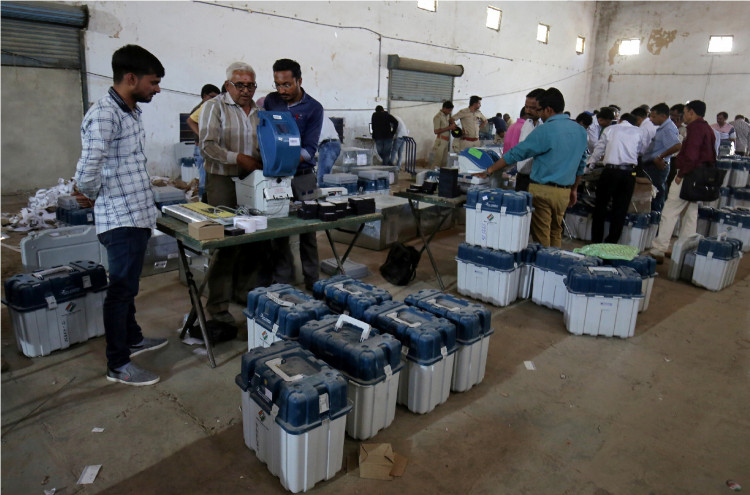India is widely held as the world's largest democratic country in terms of a number of voters. India's democratic powers will be set to the test on April 11 as the country holds its election. The country has more than 1.3 billion people, and India's Election Commission has recently announced the official start of the campaign season.
Vying for the top position is incumbent Prime Minister Narendra Modi who is the leader of the Hindu nationalist party Bharatiya Janata. Prime Minister Modi is running for reelection for a new five-year term. Despite experiencing a slowdown in terms of economic activities, Prime Minister Modi and his party remain to be favored to at least win a majority of the seats in the country's parliament.
According to India's Election Commission, the election will unfold in seven stages and that the first stage will take place on April 11. Subsequent states will follow and will end on May 19. The commission said that the results of the election will be announced on May 23.
India has more than 900 million eligible voters. As the world's largest voting population, India also boasts one of the world's voter turnout. Because of this, India's Election Commission has described the election as a massive and gargantuan undertaking.
The reason why the election is held in stages is because of security and logistical challenges. Holding a massive election like India's in a single day is almost an impossible task. Overseeing India's voting population with a range of diversity and scattered along a vast area is a colossal task.
Five years ago, current Prime Minister Modi won a landslide victory through clever campaign strategy which taps into the country's younger population and the aspirational middle class. He also promised a government free of corruption.
Since taking office, Prime Minister Modi's government has been riddled with violence, especially from right-wing Hindu groups. Cases of intimidation of journalists have also increased. Despite this, his rule has seen India propel into one of the most economically active countries in the region.
Under Mode, India has experienced rapid economic growth. This boom in the economy has led Modi to finance one of his flagship programs which are the massive construction of critical infrastructure projects such as roads and airports.
Despite being projected to once again win the election, Modi is facing a number of tough opponents. His main hurdle to reelection is Rahul Gandhi, the leader of the Indian National Congress. Mr. Gandhi is part of India's ruling political dynasty, the Nehru-Gandhi clan.





